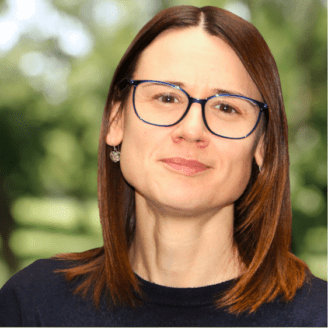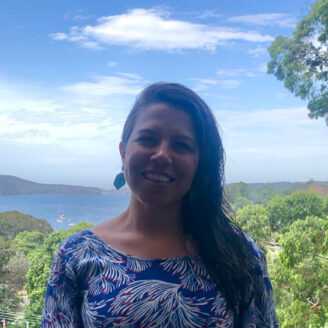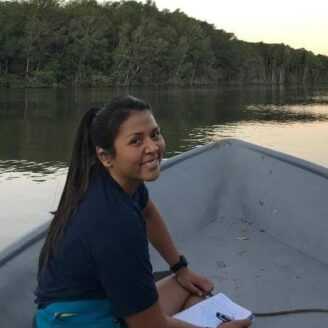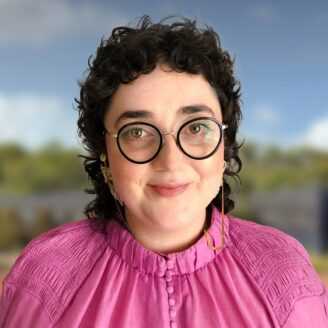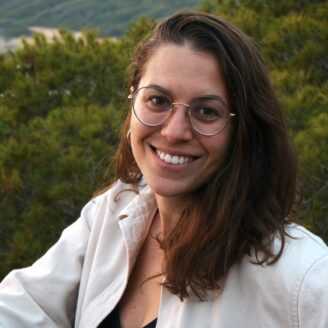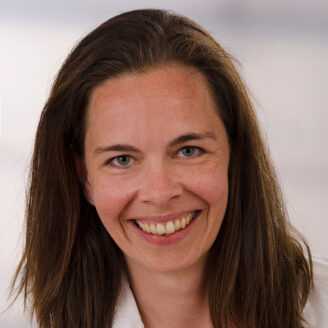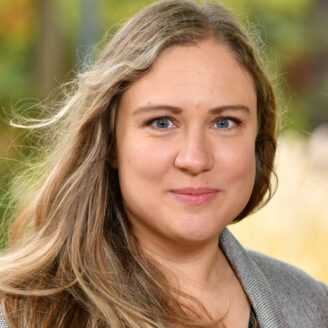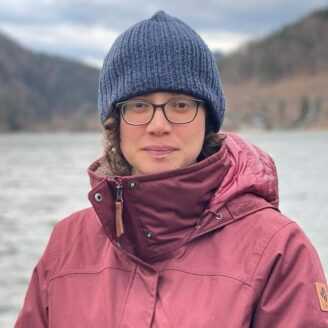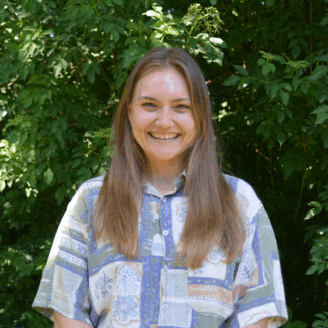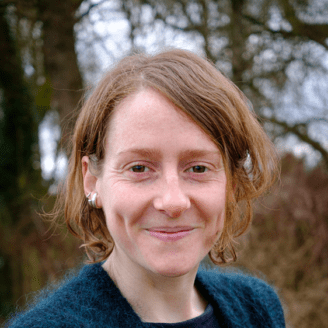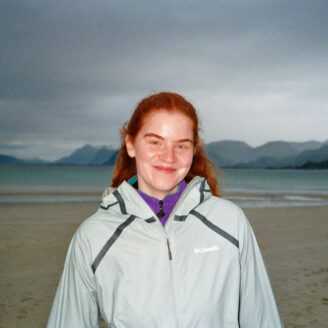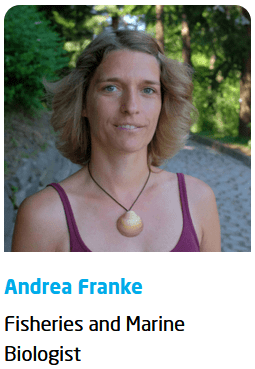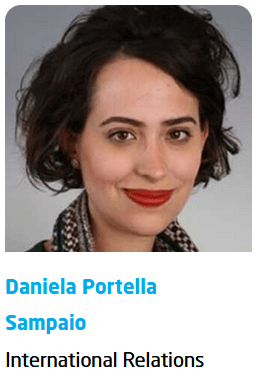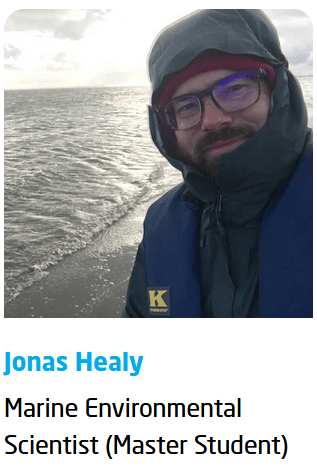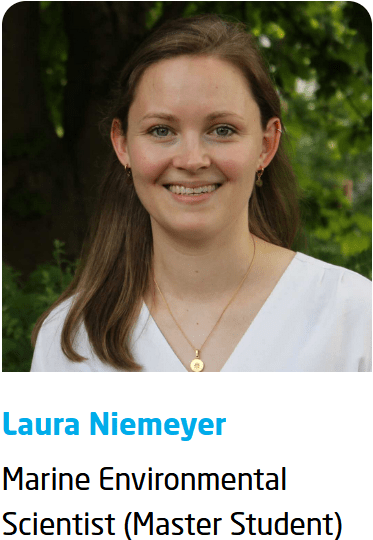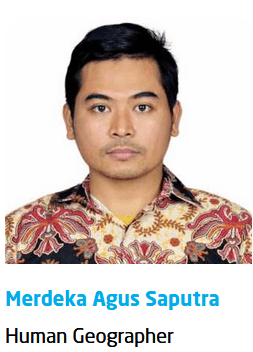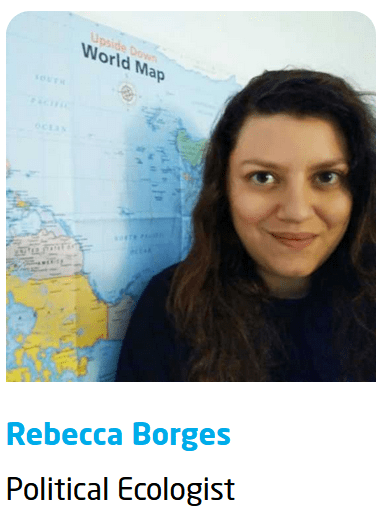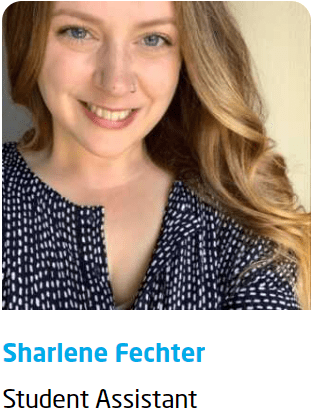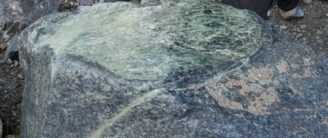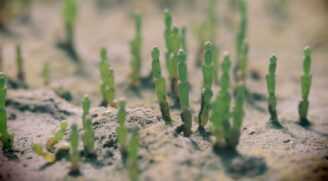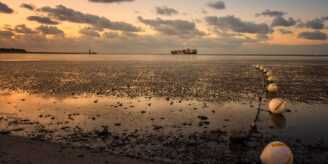
- General Information
- Team
- Alumni
- Podcast Episodes
- Blog
In our marine governance group, we do the vital work of researching the functioning of institutions, organisations, communities and individuals in managing seas and oceans. No study of our changing earth, changing oceans, should be without the inclusion of understanding people: what people do (and don’t do), how they act (and react), how they (ab)use power, deploy politics, and shape futures. Understanding governance as a peopled process – and the oceans as peopled seascapes – is an essential strand of our biodiversity research at the HIFMB.
Without a critical understanding of what exactly is being governed (biodiversity, the seabed, the water column, a designated area of ocean) why it is being governed (historical power dynamics, economic interest, conservation, political control), how it is being governed (and the mechanisms used, from legal apparatus such as law, to tools such as Marine Protected Areas), who governance actors are and likewise who is impacted by the provisions of governance, we lack adequate knowledge on the functioning of systems that shape our world.
Such knowledge is essential. Reams of scientific data enter policy domains daily, but an incomplete understanding of how governance functions can lead to situations that do not protect but actually cause harm to our oceans as well as to those who lives are entangled with them. Our group looks beyond the status quo of governance discourse and past the accepted and naturalised regimes of governing to question and quiz the logics at their heart.
We are not concerned with technical issues of governance. Nor is it our business to transfer science to policy (that is the work of our Transfer Office). Our work is to research governance itself and shine a light on the often taken-for-granted ways our oceans are organised and controlled.
To do so, we bring together an exceptional range of people, working across an exciting array of disciplines at the cutting edge of the marine social sciences and blue humanities: anthropology, art, architecture, human geography, international relations, marine spatial planning and political ecology. We work together, in conversation, to look differently at enduring concerns of marine governance.
Our research is theoretically deep, empirically rich and creatively innovative. It is justice-driven and alert to dimensions of power implicit in governing. It is focused on how we engage people with the oceans and take seriously connections, meanings and emotions in approaching governance. Our research takes place in ‘the field’ and at the desk, engaging primarily qualitative methodologies from listening, talking with people, oral histories, ethnographies, discourse analysis, and more. Our work engages an ethic of care and this ethos shapes us as a Group as well.
Our work develops in close cooperation with the Marine Policy and Management group as together we seek to strengthen social science perspectives at HIFMB and, more broadly, in marine worlds. With the Marine Policy and Managament group we share a well-equipped qualitative research laboratory and foremost the recognition that social science research is fundamental to protect oceans and their function for humans and the environment.
You can read more about the projects that define us in the staff profiles below. Want to get in touch? You can contact us at ed.bmfih@ecnanrevogeniram
Our team for Marine Governance
Team leads
Kimberley Peters
Paula Satizábal
Human GeographerTeam
Alexa Obando-Campos
Socio Environmental ResearcherAmelia Hine
Critical Resource GeographerCameron Byron
Human GeographerFlavia C. Bellotto Trigo
Ecologist & Data ScientistGeraint Rhys Whittaker
Artist-ResearcherKatharina Teschke
Benthic EcologistKristin Tietje
Scientific Coordinator (in parental leave)Laura Barth
Science CoordinatorLea Blasey
Sustainability Economics and Management (Master)Lorena Pancratius
Student AssistantNadège Legroux
Human GeographerSarah Meiser
Marine Environmental Scientist (Master student)Vani Sreekanta
Anthropologist
Satya’s innovative research examined the politics of shipping movements, related infrastructures, and the environmental controversies surrounding them. He was committed to equality and justice in his work and he engaged colleagues with humour, kindness and genorsity. As a first member of the team, his ethics of care continues to echo through the group.
Would you like to learn more about the people and their projects? Listen to our podcast episodes:
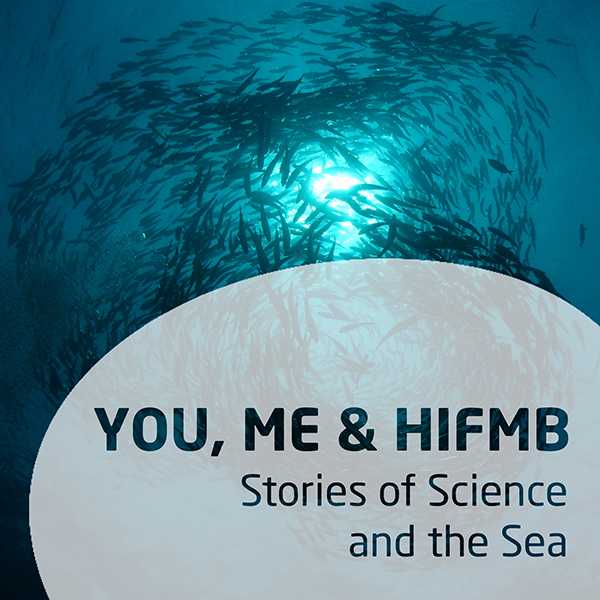
Jan-Claas – Turning the Tables on the Podcast Host
Kristin – (Finally) Full-Time Science Coordinator
Merdeka – Tinny Perspective Switcher
Soli – on How to Add Emotion to Marine Governance
Solomon – Inventor of the “Bio Ocean”
Sharlene (Alumni) – Searching for Stakeholders in Antarctica and a PhD in Australia
Kimberley – About Fortune, Failure and Something Special
Welcome to the mini podcast series “Social Science Matters,” which is dedicated to exploring the important world of social science research in the marine environment.
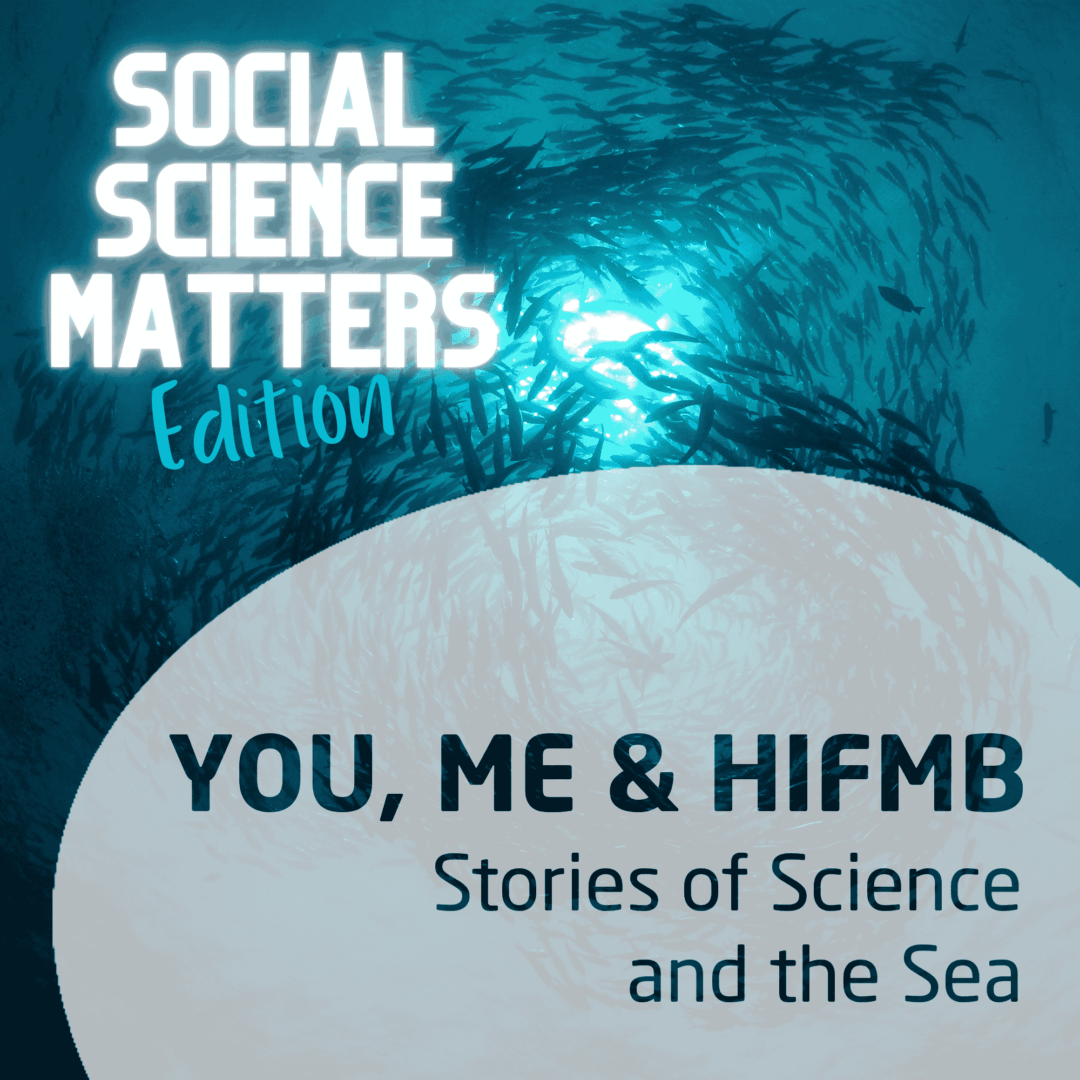
Episode 0: Welcome
Episode 1: What is Social Science and Marine Social Science?
Episode 2: How to Start Thinking About Social Worlds
Episode 3: Before You Go Anywhere! Practical Concerns and the Matter of Ethics
News and articles on the topic
Hiking the Ancient Ocean Crust – Reflections on a Geological Excursion to the Tauern Window
The international seabed is the ‘common heritage of mankind’ (or humankind). In principle then, it your heritage, and mine. It is a place, as global citizens, we have rights to. But is it somewhere we can actually access? How can we enact our rights to the seabed?
Exploring Belonging: A Day on the Island of Spiekeroog
Our one-day retreat on the island Spiekeroog aimed to further strengthen the connections within our Marine Governance group and to explore the notion of “Belonging.” Already the passage to the island with the small speedboat, which rocked with every sigle wave, raised the question, “Do we actually belong here?”—on the water amidst all the ship traffic, right in the middle of the Wadden Sea National Park, surrounded by countless marine organisms that all depend on this rare and threatened habitat?
Mud and the Matter of Seabed Access – Reflections on Sampling in Shallow Seas
For many of us, unless it is part of our everyday work, the seabed is probably a space we think little about. But the seabed, as the recent decision by Norway to undertake mining within its national waters revealed, is a space where accessibility and usage rights are contentious and political. This becomes even more profound when we start to ask about the seabed beyond national jurisdiction where there is a lack of clear ‘ownership’. To whom does the seabed belong?
